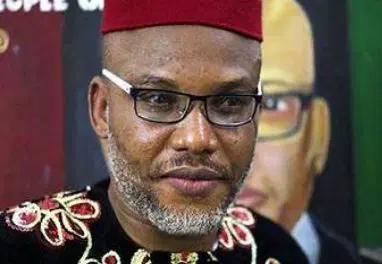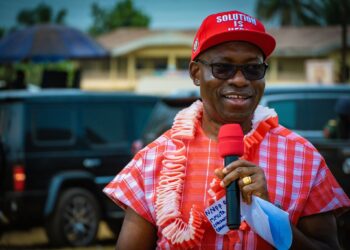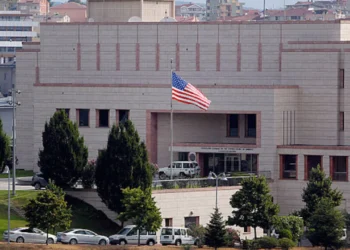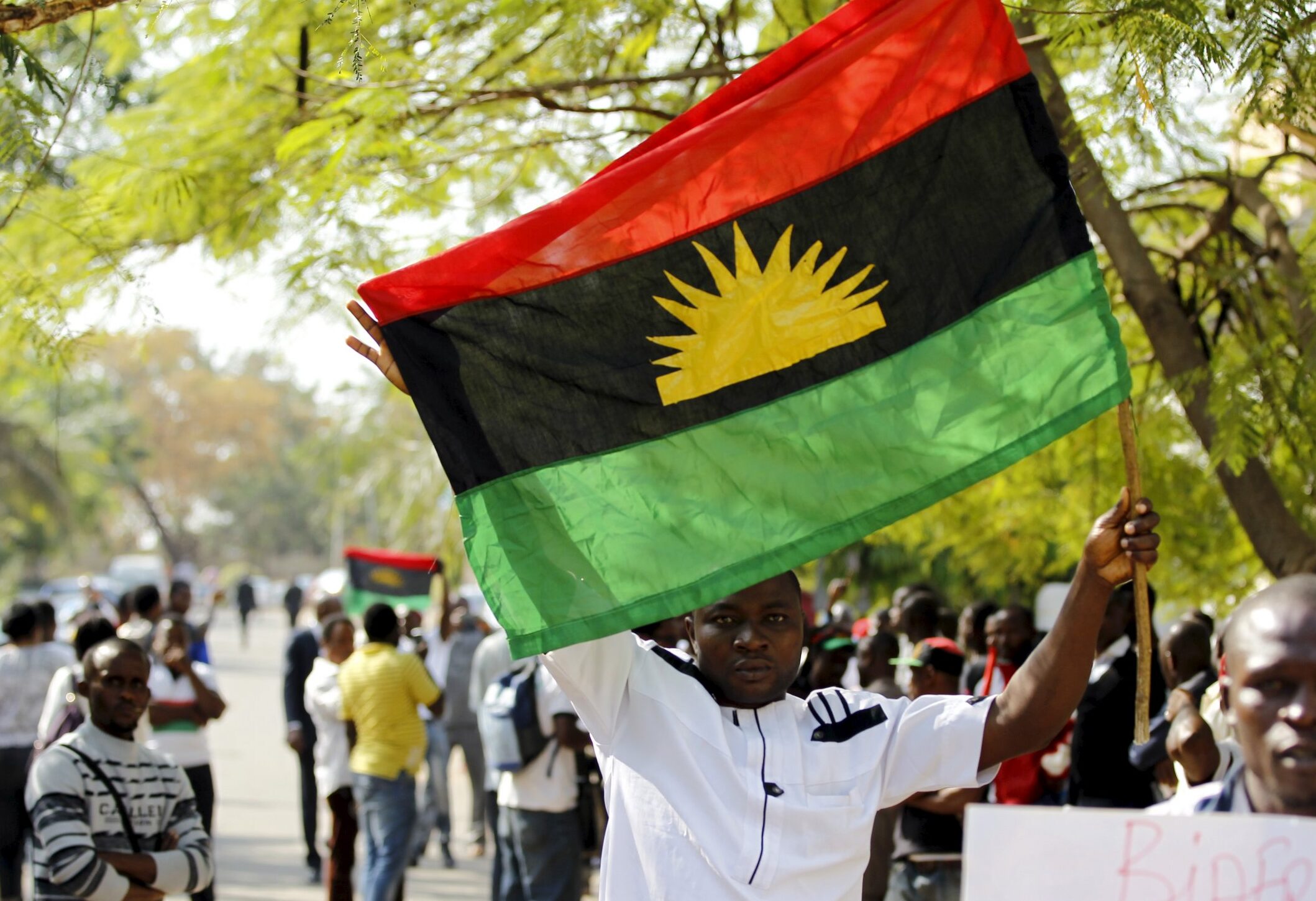It was another tense day at the Federal High Court in Abuja as Nnamdi Kanu again refused to defend the terrorism charges against him. The court had given him another chance to present his case, but instead of entering defence, he insisted the charges were invalid and should not even exist.
This continued insistence is the centre of why Nnamdi Kanu says he won’t defend the terrorism case, and it has now pushed the court to fix yet another date while telling him to reconsider his stance.
Court Gives Another Chance
Justice James Omotosho gave another adjournment, moving the matter to November 7. This is not the first time the court has done this, and many people are already tired of the back-and-forth. The prosecution finished its side months ago after calling witnesses, and the judge said there is a real case for Kanu to answer. But even after losing the no-case argument, the IPOB leader continues to insist that the government filed charges under a repealed law.
He did not just raise the point briefly, he spent hours arguing it in court. This stubborn approach has become the core of the drama, and it explains why Nnamdi Kanu says he won’t defend the terrorism case instead of just presenting evidence.
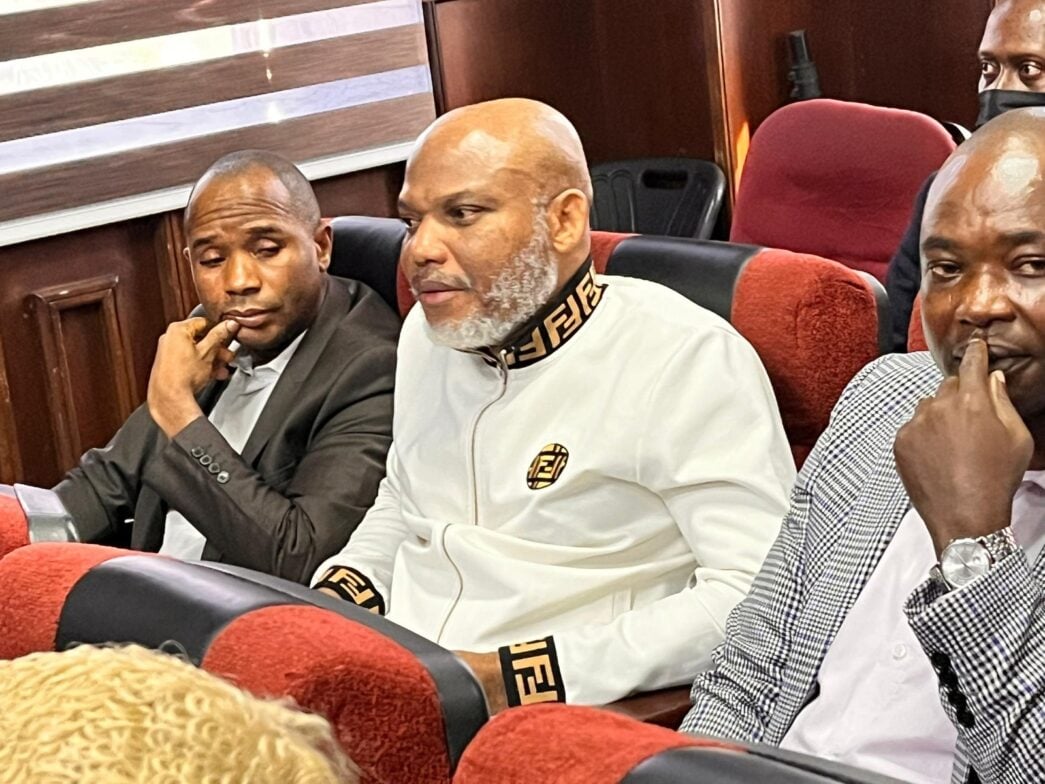
‘The Law Has Been Repealed’
Kanu again said he cannot defend himself because the law used to charge him no longer exists. To him, entering defence now would mean accepting a process he believes is already dead. He argued that the Supreme Court asked government to amend the charges, and since that has not been done, nothing valid is before the court. His words were simple: “I cannot defend a repealed law.”
The judge tried to encourage him to save his fire for the right time, but he refused, saying he would only speak after proper documents reach his lawyers.
Legal Team Confusion
Kanu also complained that his former lawyers did not hand him key documents. He said he needs to consult new legal advisers before talking. The court still warned him, but allowed one more grace. Even the government lawyer asked the court to force him to speak or lose his right, but the judge still bent backwards again. That kind of patience is rare in Nigerian courts, and it is clear this case is not ordinary.
The Bigger Meaning
At this point, the legal argument has mixed fully with identity, politics, and frustration. Ordinary court watchers can see that this is not just about law anymore. It has become a message, a way for Kanu to say he was wronged from the start. And for his followers, every delay is proof of a political fight, not just a criminal trial.
This is why Nnamdi Kanu says he won’t defend the terrorism case yet, he believes doing so would legitimise the process that brought him here. Many people feel he is buying time. Others say he is making a strong stand. Whatever side one takes, it is obvious the trial is not moving forward because he chooses not to let it move.
What Nigerians Are Asking
People are now asking simple questions:
- How long will this continue?
- Will the court allow more delays?
- Is this still justice or just politics on both sides?
Nigeria has real issues — insecurity everywhere, hardship, hunger, ethnic tensions. And instead of closure, this trial keeps dragging. It shows how our system often gets stuck when cases involve power, emotions, and ethnicity.

